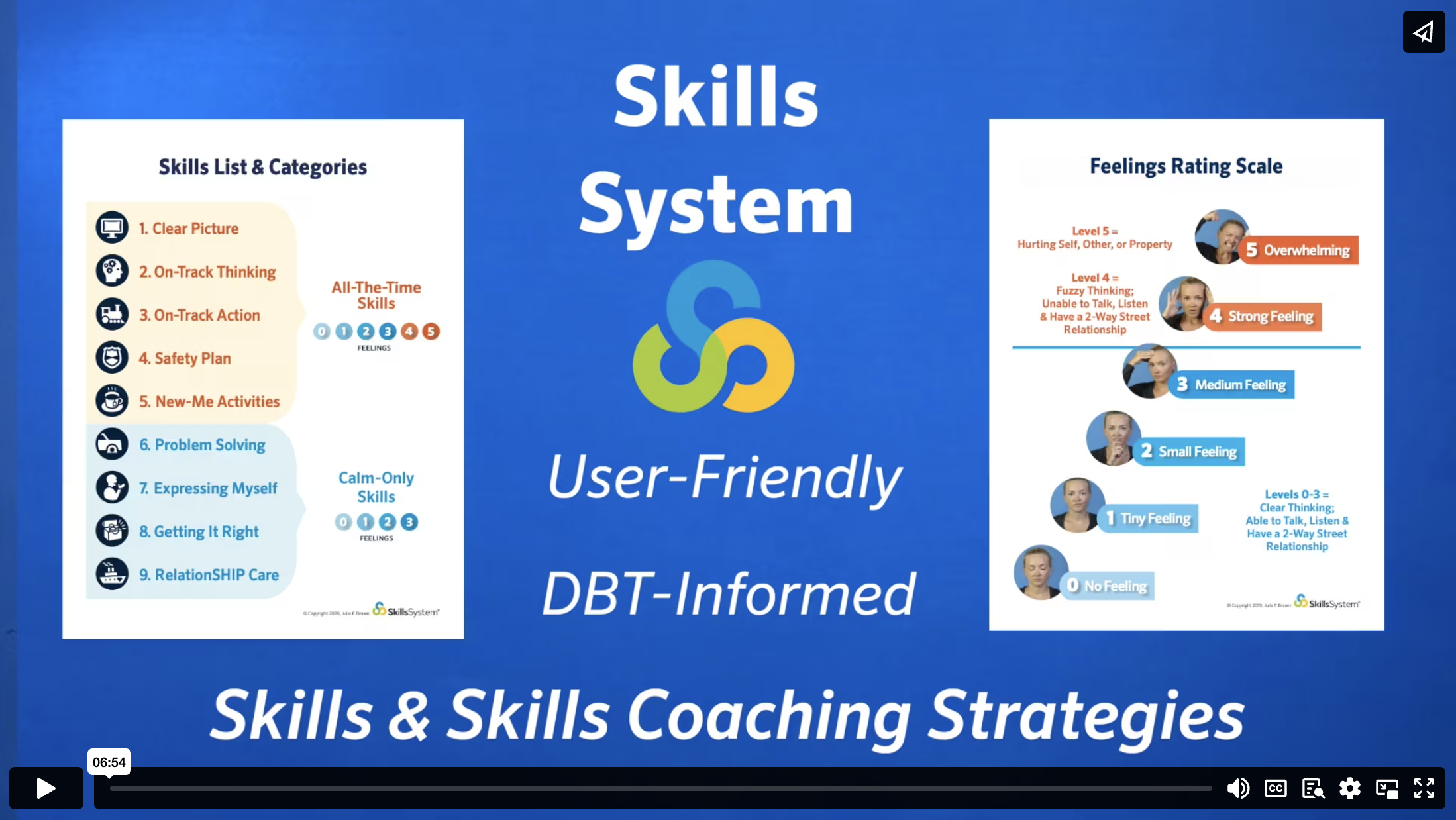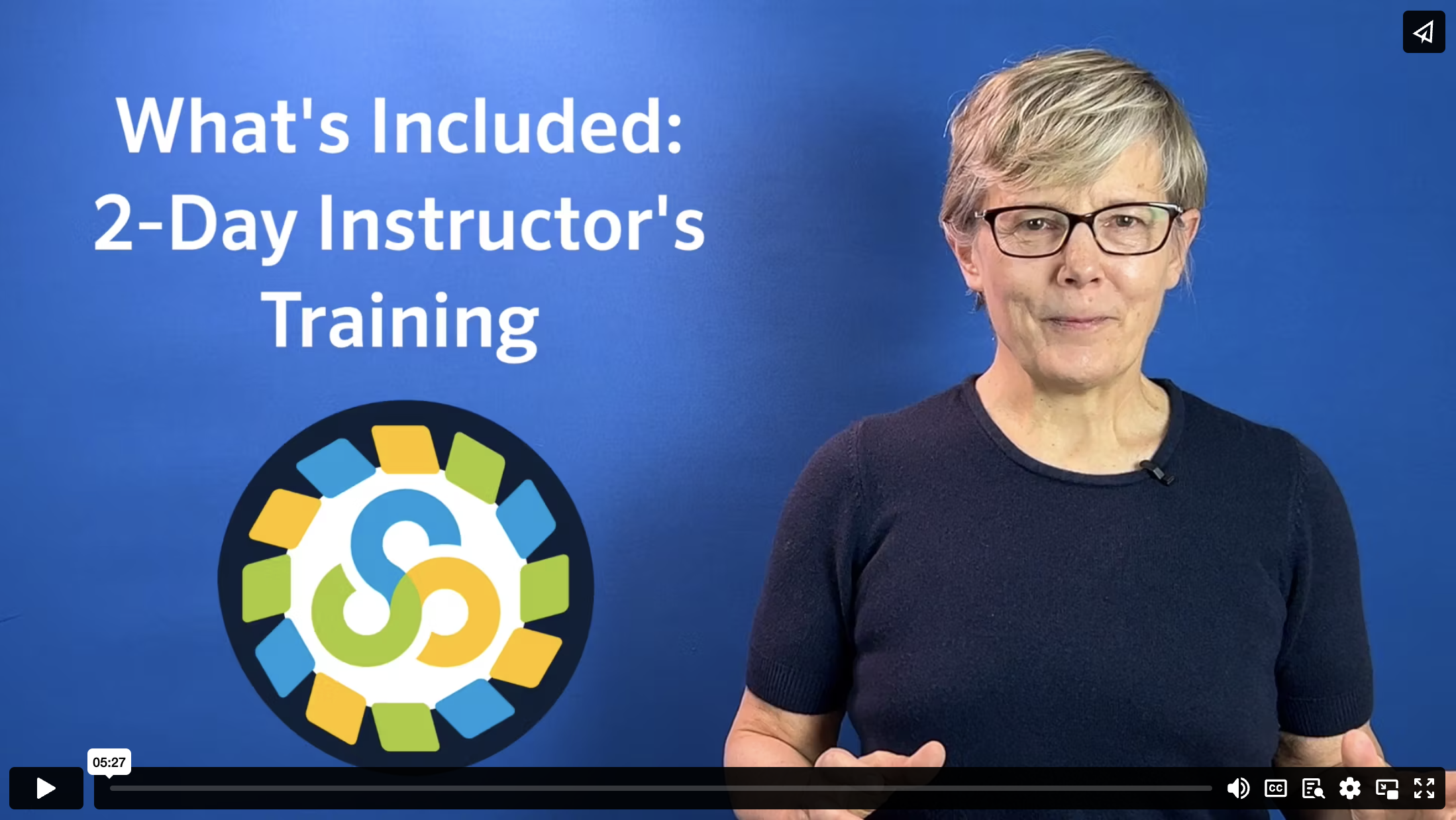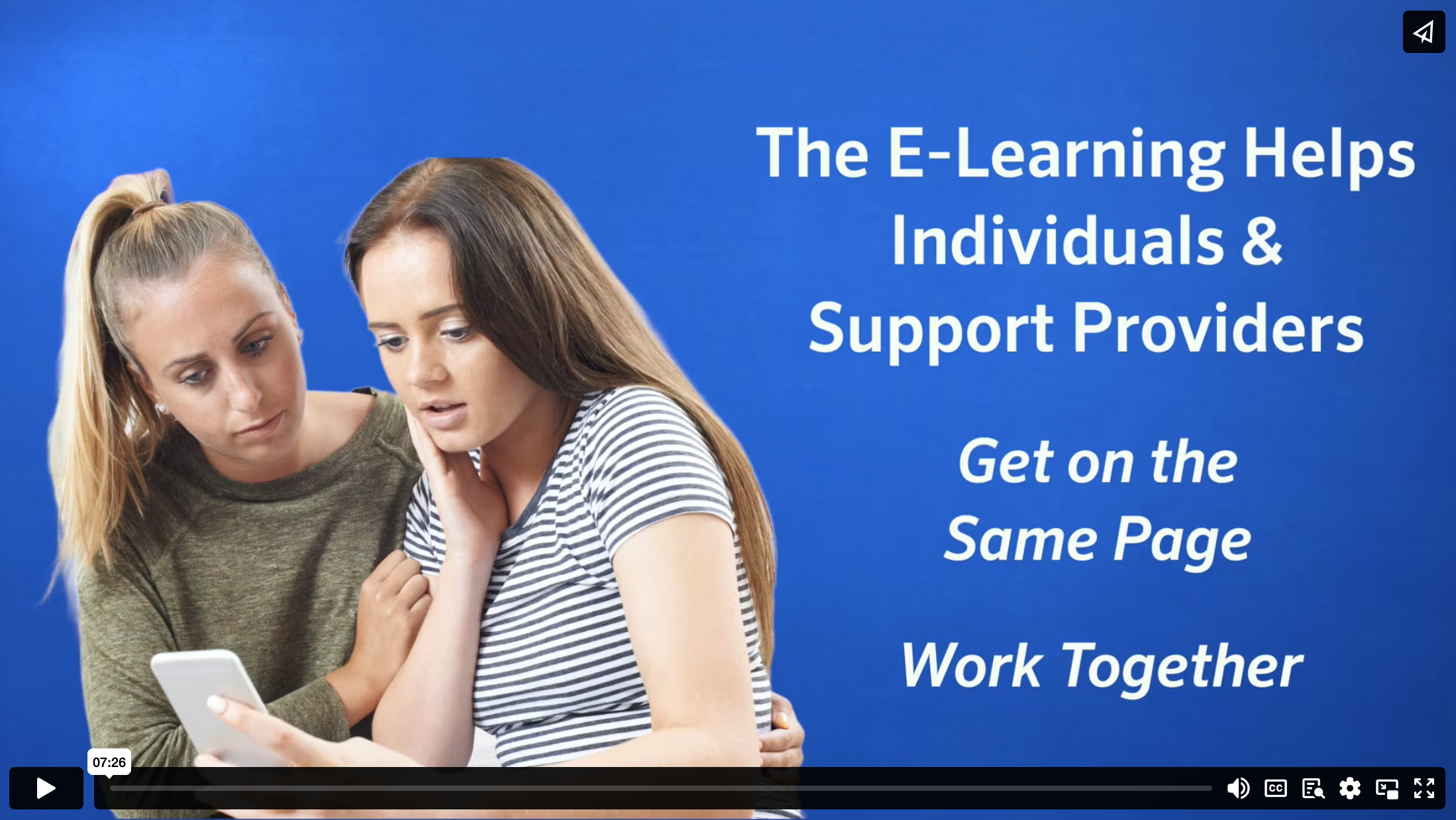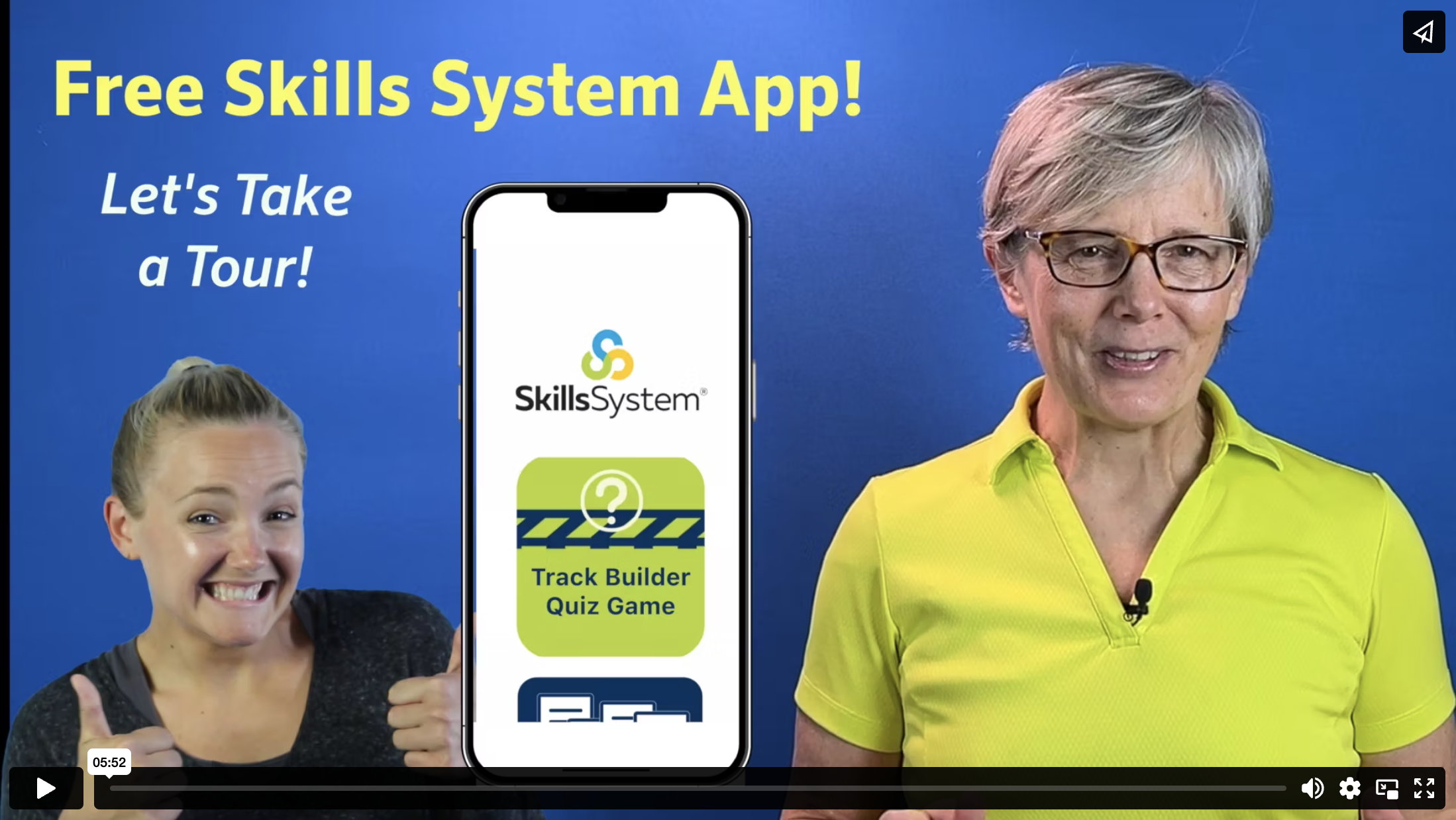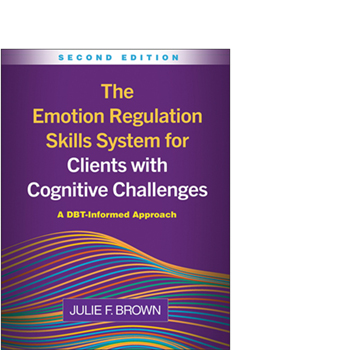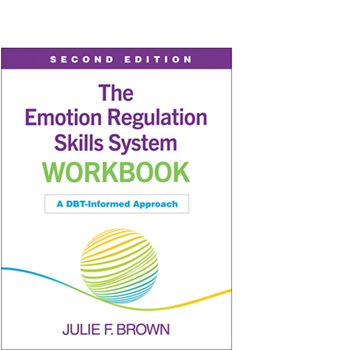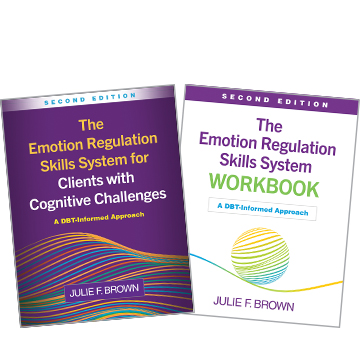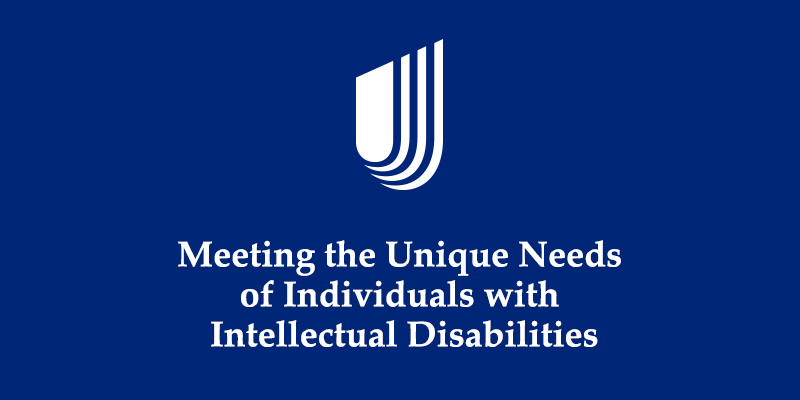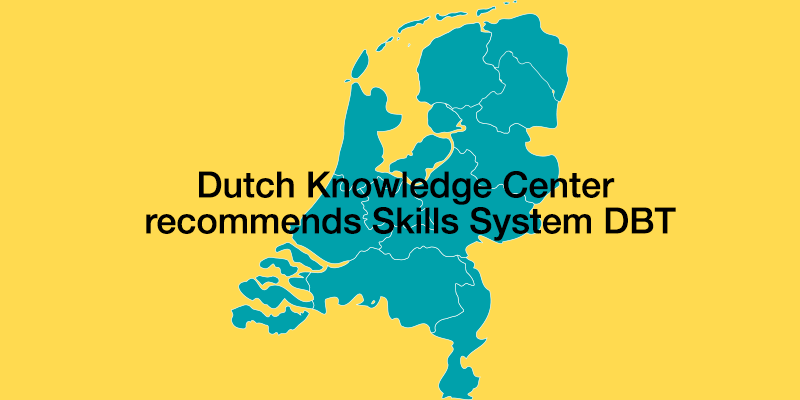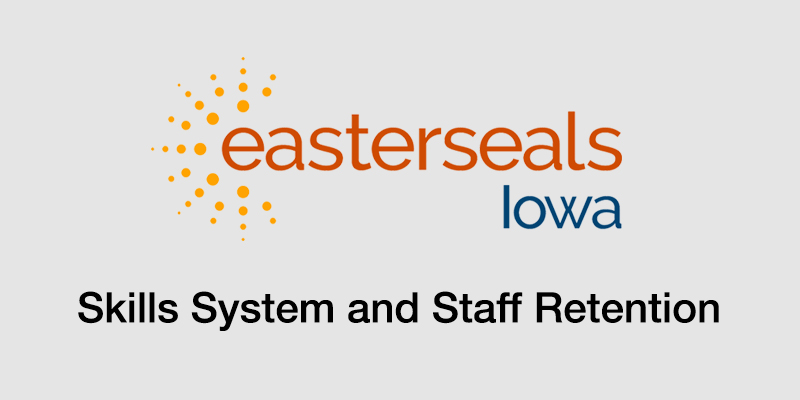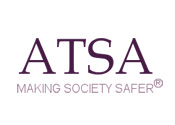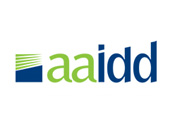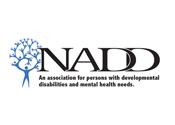Regulate emotions. Maximize potential.
The Skills System is a user-friendly set of emotion regulation skills, designed to help people of various ages and abilities, manage emotions. It helps us be aware of our current moment, think through the situation, and take goal-directed actions that align with our values.
New Books Are Available
Training Data
Individuals who participated in 2-Day Instructor’s trainings have an opportunity to complete a survey 3-8 months after the training. The charts below summarize the participants’ follow-up reflections about the Skills System and their training experience. The data includes information about who is using the Skills System, how the Skills System helps people, clinical utility of the model, and observed outcomes.
Section 1: Who is Using the Skills System.
Announcements
Messages from Julie F. Brown, PhD, developer of the Skills System
Meeting the Unique Needs of Individuals with Intellectual Disabilities and Co-Occurring Mental Health Conditions
Over the last five decades, long-term support for individuals with intellectual and developmental disabilities (I/DD) has shifted from institutional care to community-based services, which includes accessing appropriate and effective medical and behavioral health care in the community. For the over 30 percent of adults with I/DD who also have [...]
Vilans – the Dutch Knowledge Center – has recommended Skills System DBT as a National Intervention in the Netherlands for People with IDD
Emotion regulation skills training DBT for persons with mild intellectual disabilities The main objective of the intervention is to reduce self-harmful, suicidal and aggressive behaviors. Purpose The goal of the SS DBT is to reduce or stop self-harming, suicidal and/or aggressive behavior by increasing adaptive emotion regulation skills and [...]
Skills System and Staff Retention
Zachary Harper, the Director, Training and Development of Easterseals, Iowa, shared the following staff retention data and a description of his organizations journey. Staff retention data from Easterseals, Iowa: 2-year general staff retention rate: 53% 2-Year retention rate for staff who complete the Skills System E-Learning: 91% 2-year retention [...]
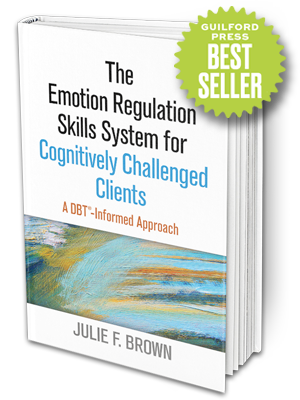
Skills System Textbook
The Emotion Regulation Skills System for the Cognitively Challenged Client: A DBT™-Informed Approach (2016) by Julie F. Brown, PhD, is available through Guildford Press and Amazon. This book provides a comprehensive presentation of the Skills System curriculum materials, and allows the purchaser to download an additional 150 pages of supplementary handouts. The Skills System is a highly effective treatment tool that has been used successfully in a multitude of settings with a myriad of individuals who have diverse behavioral and learning profiles.


